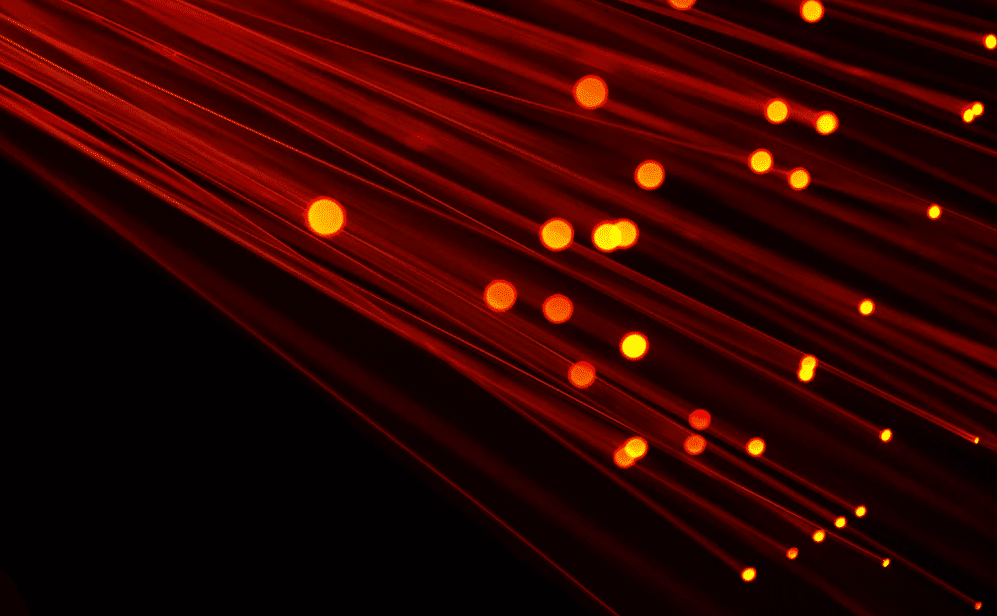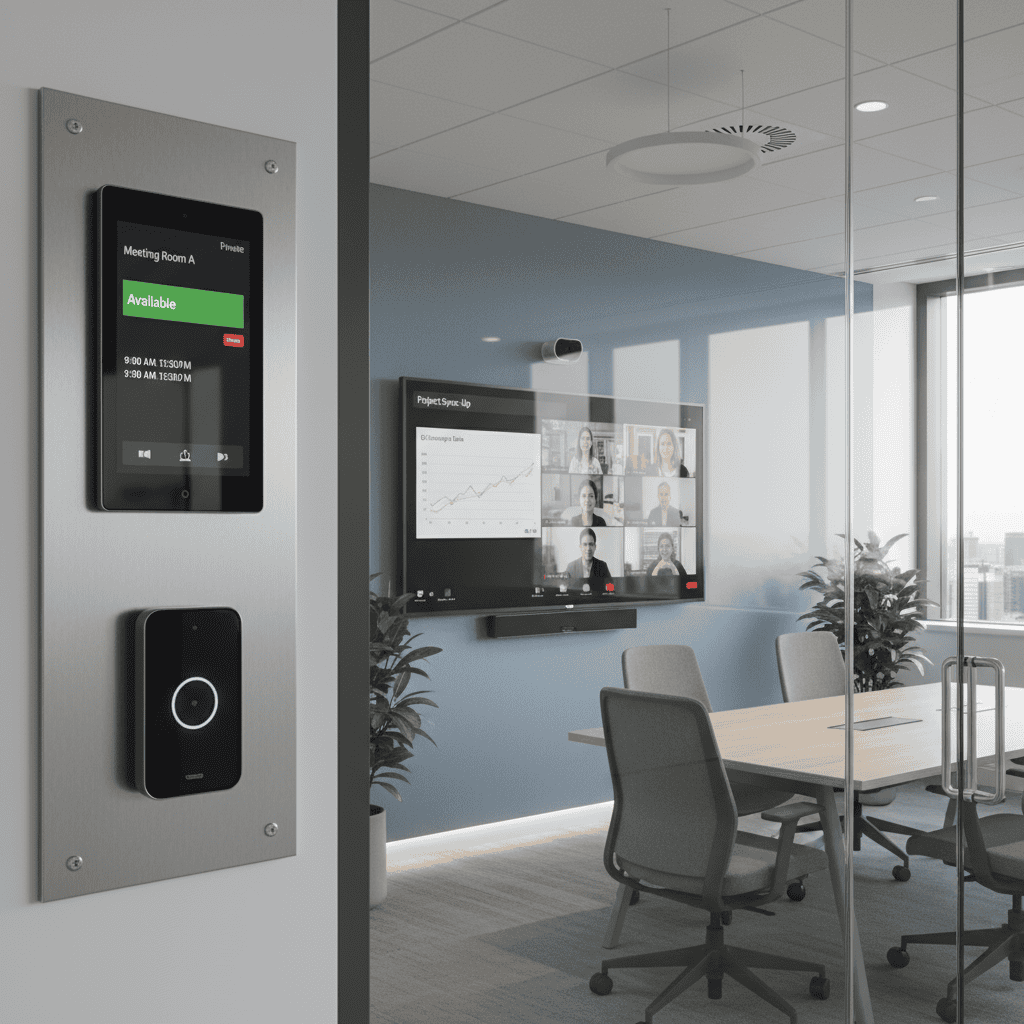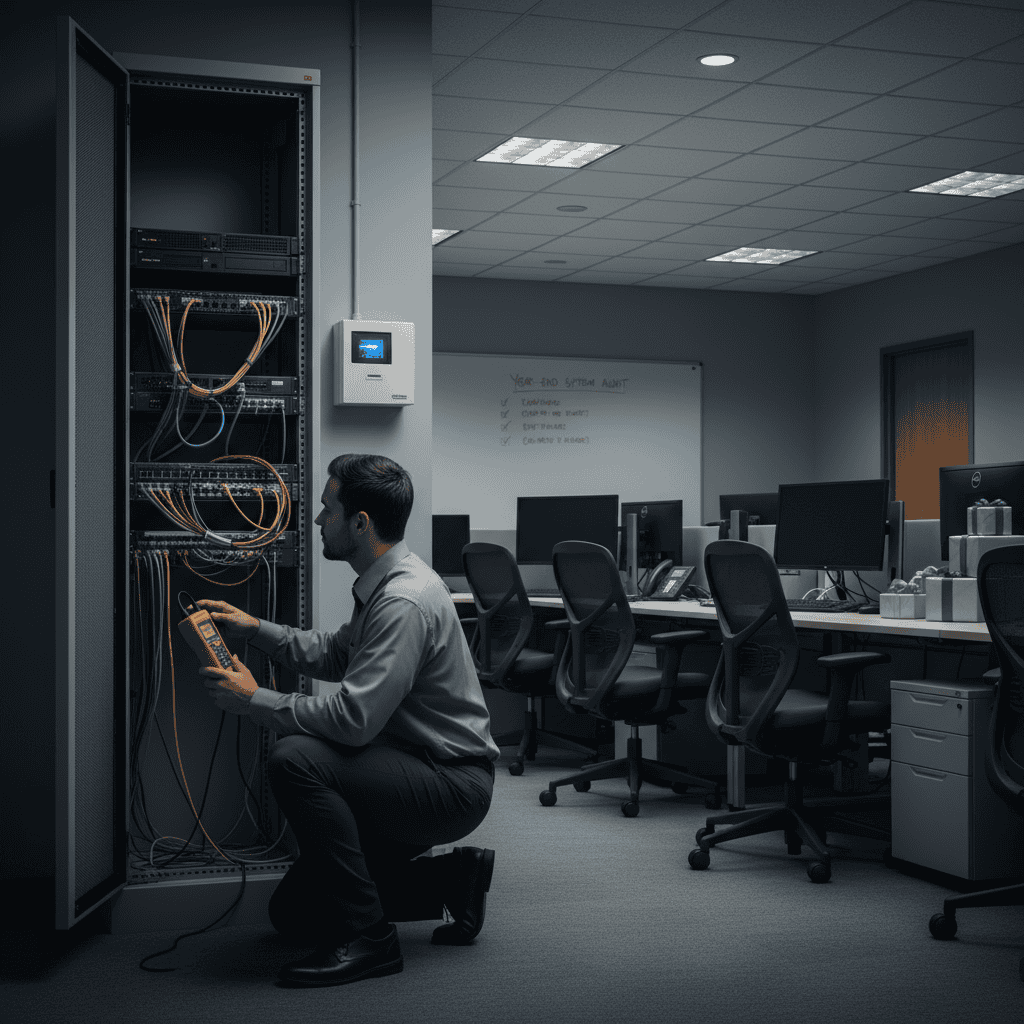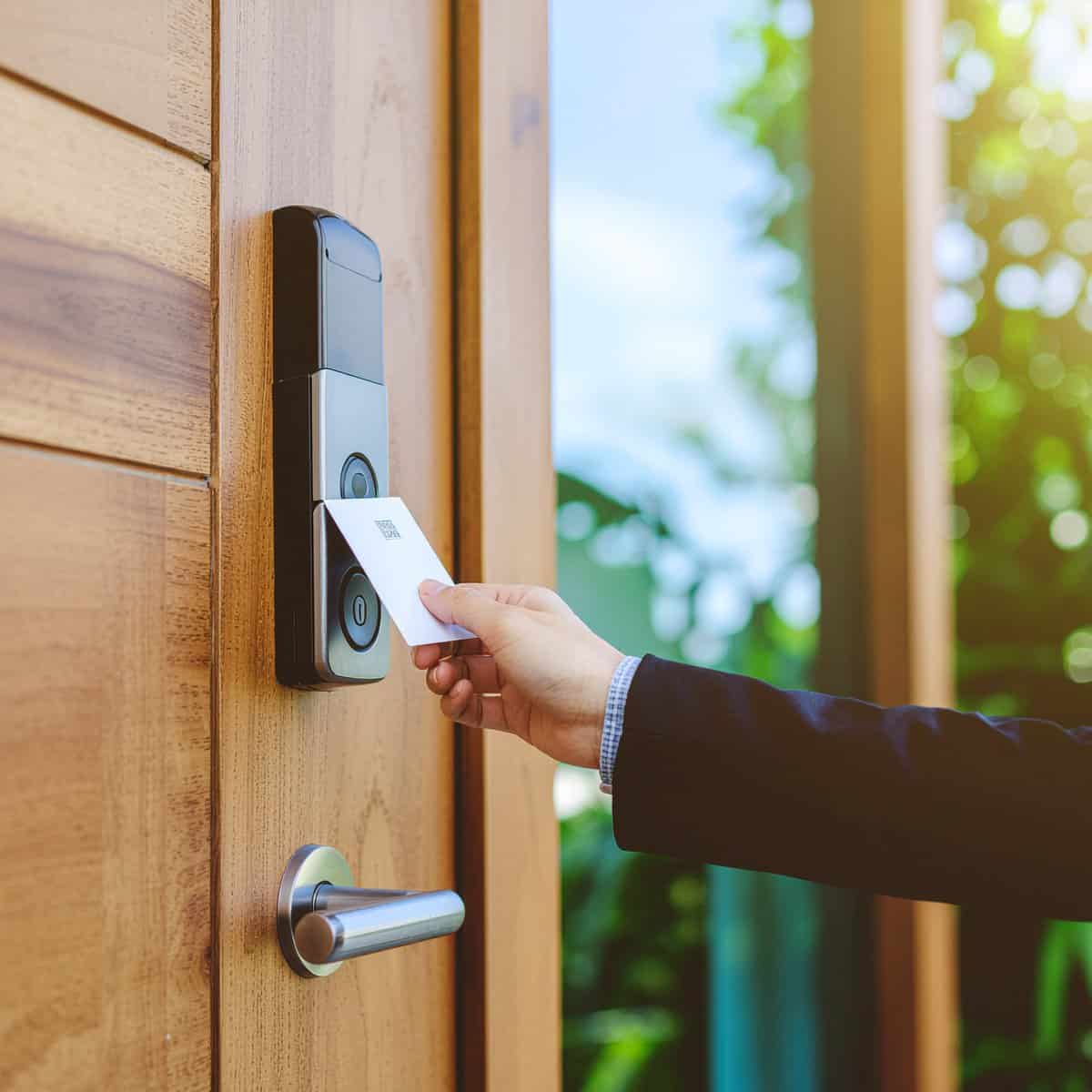Copper vs. Fiber Optic Cabling
When a road is narrow or paved in gravel, it’s easy to understand why traffic has to move slower or why it needs frequent repair. When the cables that carry data for the internet aren’t up to snuff, the problems are hidden from the naked eye but are felt acutely by everyone using the network.
That’s why it’s so important to evaluate the technology that you plan to use when installing structured cabling. There are no two ways about the role that copper wiring has played in technological advancement — even though humans have used copper since 5000 BCE, it’s arguably been just as critical to the Information Age as it was to the Copper Age.
That said, fiber optic cable represents a dramatic improvement for internet connectivity over copper, including the ability to use hair-thin filaments of glass and transmit pulses of laser light across impressive distances.
Speed
Measuring the performance of your network with a simple concrete speed number is very attractive, and for the most part, bandwidth serves that purpose (although other factors play in). Copper cable maxes out at 40 Gbps, whereas fiber optic cable’s theoretical speed limit is the speed of light. Theory aside, fiber internet has higher bandwidth. Real-world data transmission usually clocks at many times that of copper structured cable.
Electromagnetic Interference
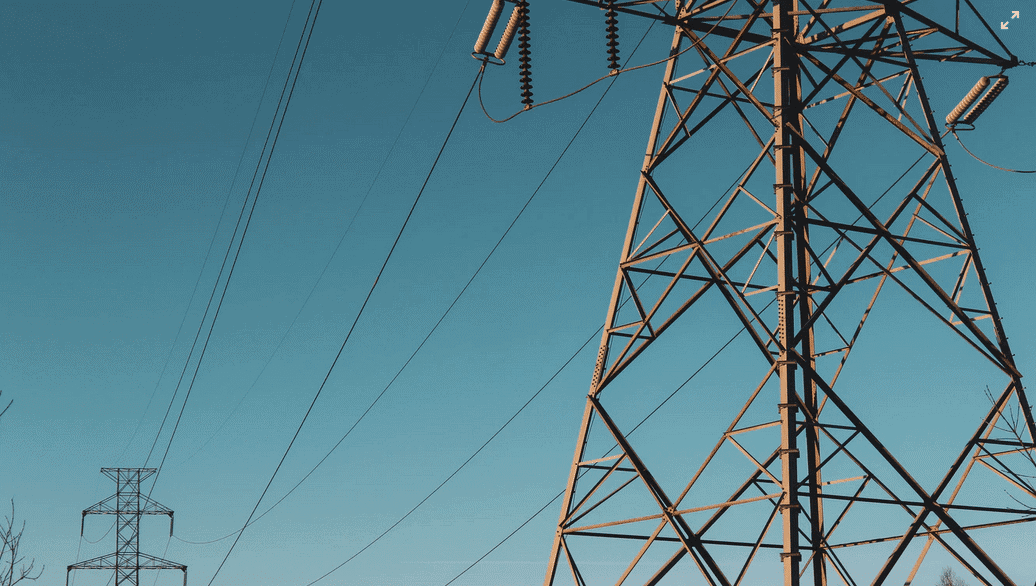
Copper wires use the same electrons that virtually every electronic device on the planet uses in one form or another. It is also vulnerable to the presence of the electromagnetic fields created by those devices — including being tapped and diverted by malicious actors. In some more extreme cases, copper wire has picked up energy from nearby high-power transmitters. This resulted in interference and overheating of the copper wires. Contrast that with fiber optics, which are impervious to electromagnetic interference and are extremely hard to tap and bug.
Distance
It may surprise you to hear that the data or signal transmitted over copper wires degrades over a long enough distance (94% loss of signal over distances greater than 330 ft). For that reason, networks using copper cable require repeaters to pick the signal up and boost it over the next section of cable. Fiber optic cables allow data connection over much greater distances while losing only a few percent of the full signal quality.
Future-Proofing For The Internet Of Things
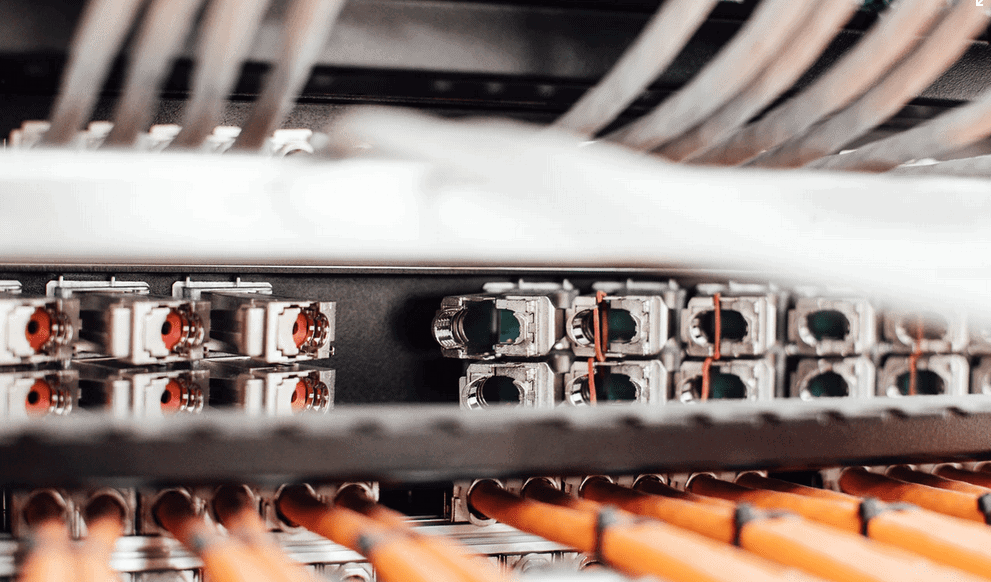
As people and businesses use more devices and applications demanding increased bandwidth, the creakiness of copper networks will likely prove unsustainable in the long term. Copper cable stretches across the earth many times over, and it will continue to service rural areas. For metropolitan areas with residents and businesses demanding greater speeds and better quality of service, fiber optic structured cable will eventually replace copper entirely. Once installed, the lifespan of fiber optic cable is much longer than copper. Not only does fiber have the potential to meet the bandwidth demands of tomorrow’s devices, but it can also do so for many more years.
Cost Of Copper vs. Fiber Optic Cabling
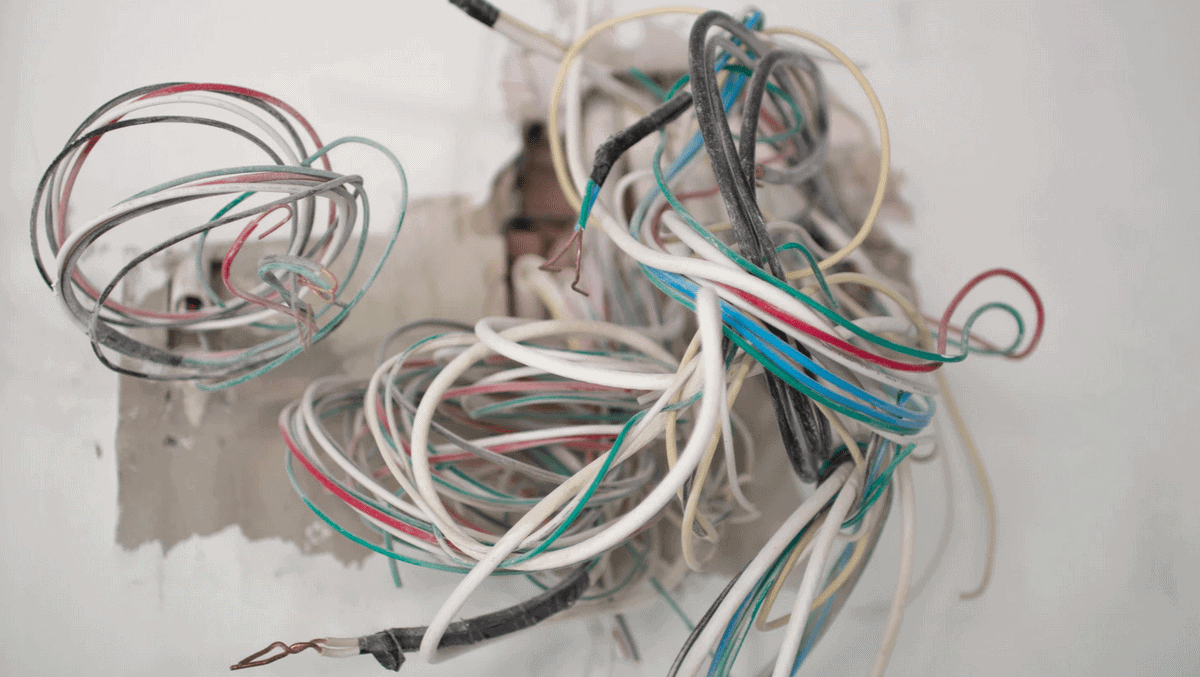
Thus far the advantages of fiber optic over copper seem obvious, and they are. When it comes to costs, fiber optic cable installation is significantly more expensive. It used to be about twice as much as copper cable, but that price has dropped as the technology and manufacturing processes have matured. The true cost of fiber optic isn’t represented in installation. Due to its superior performance, lifespan, and lower maintenance requirements, the cost to operate a fiber-optic network is comparable to a copper network.
Another important consideration is the rising cost of copper.
Durability
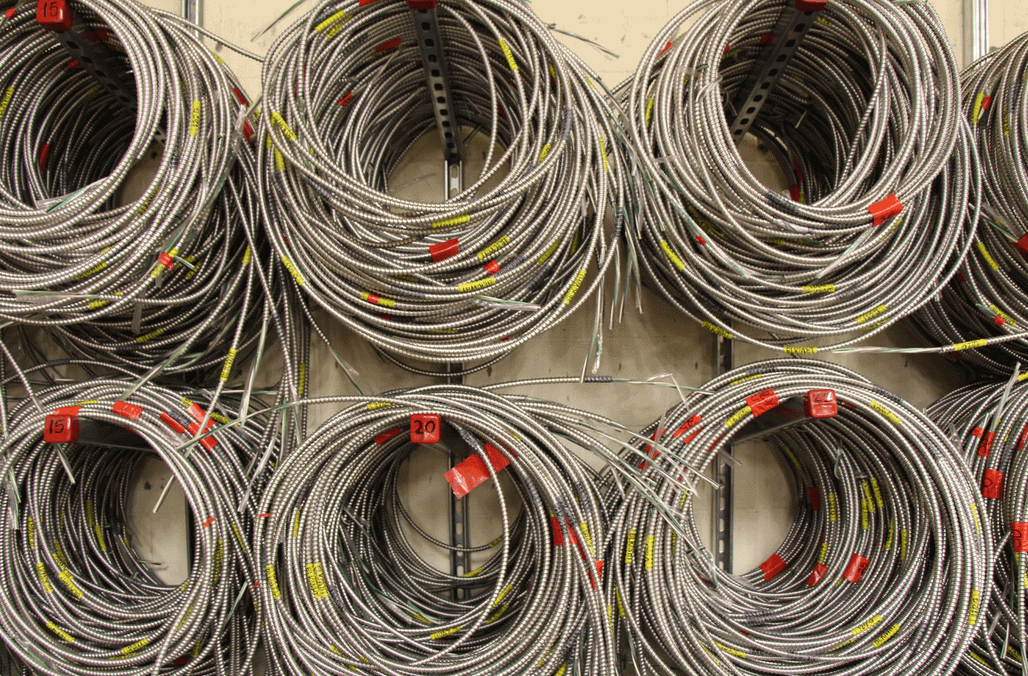
Copper is a marvelously ductile (aka bendable) metal, but copper cable is more vulnerable to damage than fiber optic cables. Especially during installation or remodeling. Fiber optic cables are made of thin bundles of optical fibers as narrow as human hair. The filaments in fiber optic cable are very pure glass which is also highly durable. Although we think of glass as fragile, the characteristics of fiber optic cables are almost nothing like the windows in your house.
Reliability
Due to fiber optic cable’s ability to retain signal quality, it far outpaces the reliability of copper cable. A damaged copper cable can be extremely difficult to located and fix. Damaged fiber optic cables can easily be found with a series of diagnostic scans. Fiber optic networks allow for greater uptime and can allow for speedier repairs — all factors that contribute to better reliability for you and any clients who also rely on the uptime of your network.
You Don’t Have to Pick A Winner
Fiber optic cable offers clear benefits over copper for many use-cases. However, due to the prevalence of copper cable and infrastructure, the reality is that many networks use a combination of the two technologies to achieve the best results. If you’re making plans to install new information technology infrastructure, give I.e. Smart Systems a call and we can help you identify the best solution for your needs.
About i.e.Smart Systems
i.e.Smart Systems is a Houston, TX based technology integration partner that specializes in design and installation of audio/visual technology and structured cabling. For more than three decades, our team of in-house experts has partnered with business owners, architectural firms, general contractors, construction managers, real estate developers, and designers in the Houston market, to deliver reliable, scalable solutions that align with their unique goals.

